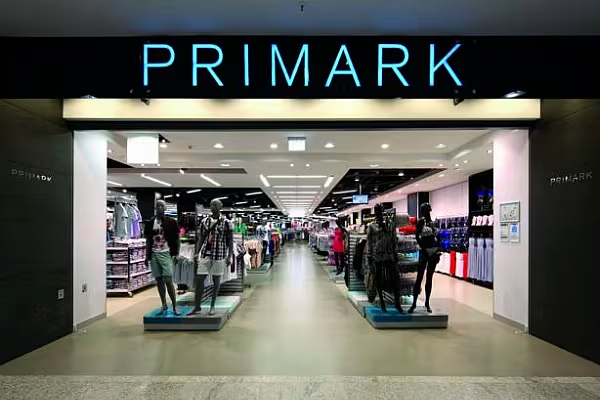Associated British Foods has posted a group revenue increase of 1% in the first half of its financial year, to £7.53 billion (€8.71 billion), with adjusted operating profit dropping by 1%.
George Weston, the group's chief executive, described the group's results as "robust", adding that its Primary business delivered "excellent profit growth", while its sugar profits were "substantially reduced".
Here's how leading industry analysts saw it.
Richard Lim, Retail Economics
“Despite all the talk of online killing the high street, these results demonstrate the power of offering a unique proposition, creating meaningful in-store experiences, and standing for something in a crowded apparel market. At its heart, [ABF] operates with slick and efficient supply chains, offers exceptional value, and continually replenishes with fresh and exciting new products, which drive their loyal customers back into stores.
"The softer consumer environment has also been supportive, with savvy consumers looking to make their budgets stretch that little bit further."
Darren Shirley, Shore Capital
"ABF has issued in-line results, with EPS of 61.1p comparable to the 61.3p reported last, and in line with management guidance – SC 61.0p, guidance: broadly in line with the same period last year. As previously reported, sales were ahead in all businesses, up 2% at a group level in constant currency.
"Guidance for the full year remains unchanged, with management anticipating adjusted EPS to be ‘in line with last year’. Our forecasts, therefore, are expected to remain broadly unchanged, looking for EPS of 135.7p – with the usual caveats regarding tweaks to divisional contributions."
Liberum Consumer Team
"ABF offers investors compelling exposure to secular growth trends in retail over the next ten years. In our view, Primark remains well positioned to take market share and drive mid- to high-digit sales growth in FY19-23E, backed by visible new space additions of 1m sqf p.a., primarily on the Continent and in the UK. Primark’s 2H’19 margin is expected to fall below the 11.7% reported in 1H’19 due to the impact of stronger US dollar impacts on buying.
"EU sugar prices remain at historic lows, post-abolition of EU sugar production quotas from October 2017, which continues to weigh on industry profitability. ABF remains the most profitable and efficient EU sugar producer and is well positioned to emerge stronger from expected further consolidation in EU sugar production over the medium term. Excluding M&A and store parcels, we estimate ABF will deliver a 7% adjusted EPS CAGR over FY18-23E."
Russ Mould, AJ Bell
"Associated British Foods said Primark’s profits grew by 25% in its first-half period, thanks to a greater amount of selling space and improved margins. That’s quite impressive, considering that revenue only grew by 4.4%.
“Its challenge is to keep flexing its muscles by buying material at the best price, keeping tight stock management, and avoiding discounts to protect margins.
“It can forward-buy foreign currency, but only for a short period, so a strengthening US dollar will hurt operating margins in the second half of the year, but the one factor completely out of its control is the weather, which can have a major influence on consumer appetite to go to the shops in the first place, and the type of garments they want to buy.”
Chloe Collins, GlobalData
‘‘Despite a tough retail environment, Primark’s H1 results showcase its resilience, though declining like-for-like sales remain a concern. The 4.4% revenue increase to £3,630 million [€4,200 million] has been reliant on new-store openings and extensions, with selling space rising by 0.3 million square feet, to 15.1 million square feet.
‘‘Despite the cost of these physical developments, operating profit rose to £426 million [€493 million], with margin reaching 11.7%, versus 9.8% in H1 FY2017/18, as the retailer benefitted from purchasing at a weaker US dollar rate, and buying teams enforced tighter controls on stock management and markdowns.
‘‘Careful but continued international expansion will help Primark in H2, with the retailer entering Slovenia – its first store in Central Europe. The value retailer has already announced plans to expand into Poland and the Czech Republic, and it must invest in understanding the shopping habits and preferences of Central European consumers to ensure the move is a success.”
© 2019 European Supermarket Magazine – your source for the latest retail news. Article by Stephen Wynne-Jones. Click subscribe to sign up to ESM: European Supermarket Magazine.














